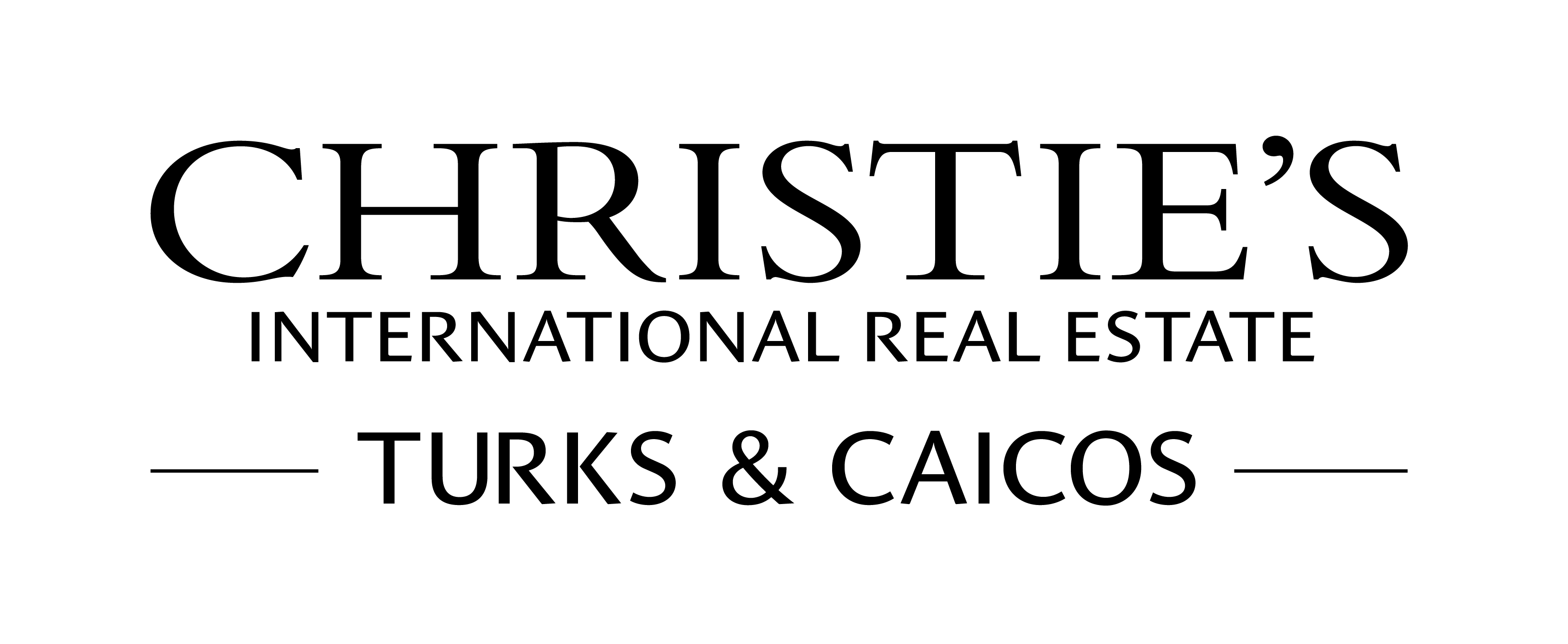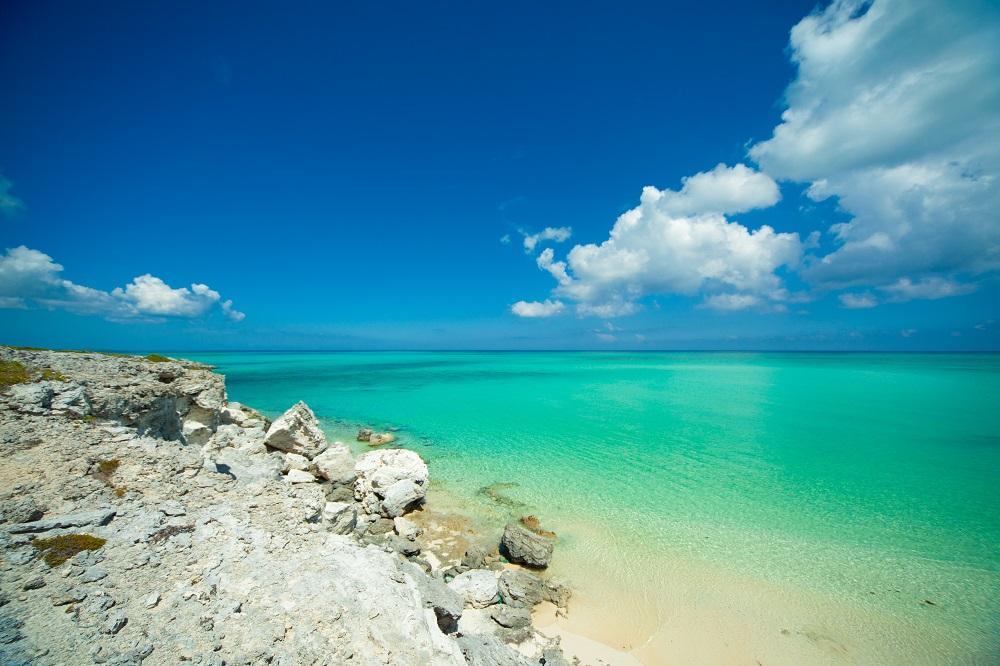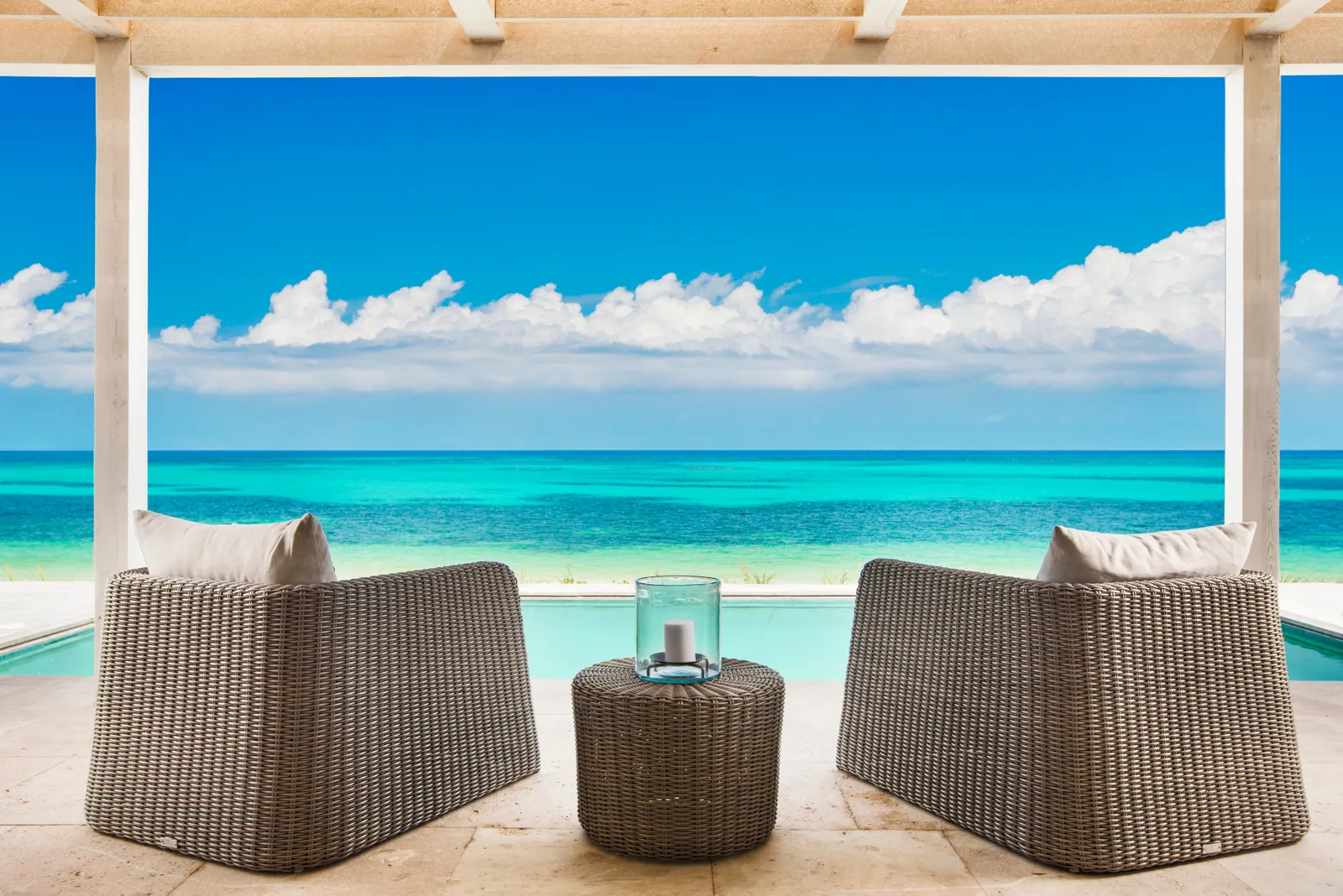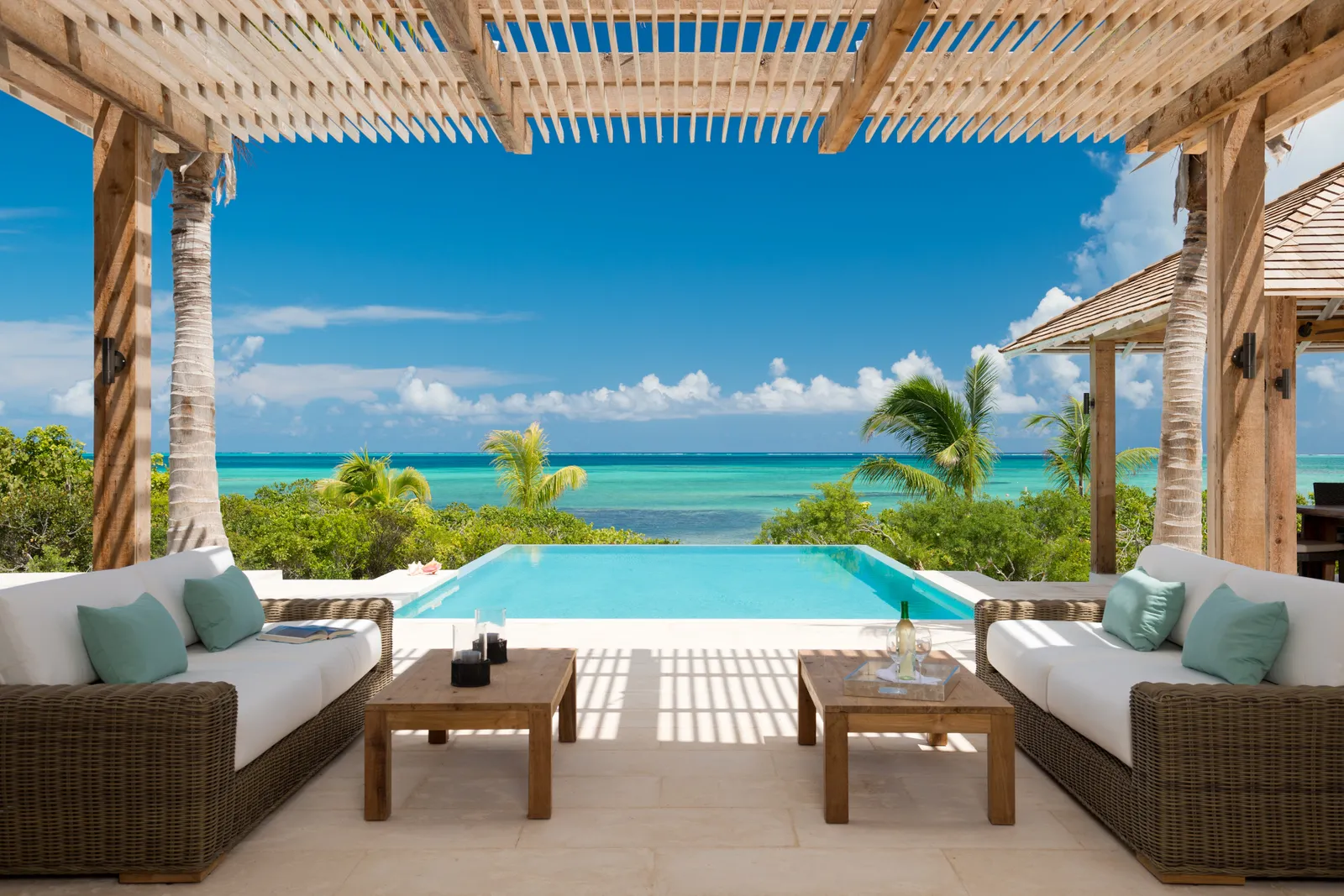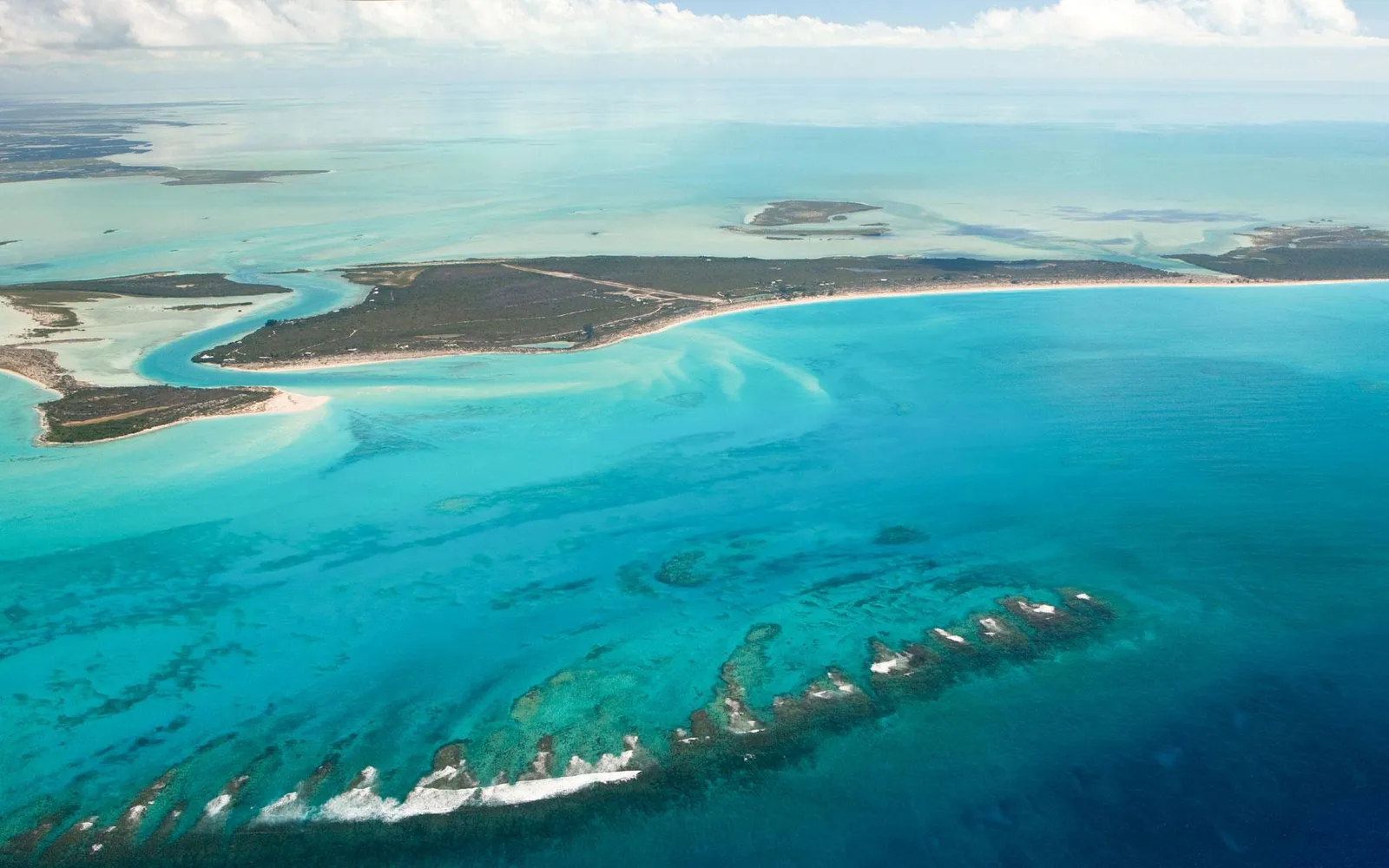Recent events have made private islands an even more attractive proposition—here, Christies International Real Estate Turks & Caicos reveal how to invest in one
Have the past 12 months left you dreaming of leaving urban life behind, buying a private island, and setting up shop in the sunshine? You’re not alone: demand for rural and coastal properties has skyrocketed in reaction to city lockdowns and social distancing. As Australian real estate expert Ken Jacobs says, “people are looking for an escape from people.”
Decisions about where to buy are no longer just a matter of wealth preservation, adds Robert Greenwood, cofounder and partner of Christies International Real Estate Turks & Caicos in the Turks and Caicos Islands. “It’s about health preservation,” he notes. And how better to weather the storm than by buying the ultimate bolthole—one’s own private island?
Brokers such as Greenwood are now seeing a new wave of buyers looking to ride out the pandemic on their own, secluded paradise. “Only a select number of people in the world can say they own a private island,” observes John Christie, president and managing broker of H.G. Christie Ltd. “It carries a lot of cachet and conjures up visions of Richard Branson at Necker Island.”
Isolation Guaranteed
It’s not hard to understand the appeal of a private island. Improved technology means it’s now just as easy to work from a hammock as it is from the office, and who wouldn’t prefer to isolate on a white sandy beach, surrounded by turquoise waters? “People who would never have considered buying an island are now thinking it could be the lifeline they’re looking for until things change,” Greenwood explains. After all, if personal space is now the ultimate luxury, there’s not much to beat an atoll in the middle of the Caribbean.
“I think the exotic nature of an island is attractive to almost everyone,” says Michael Hart, who appraises islands off the coast of Maine, coastal New York, Nova Scotia, the Carolinas, and the Bahamas for Boston-headquartered LandVest, Inc. “But for people with means they offer a level of privacy that you just can’t find on the mainland.”
There’s also the element of true exclusivity. “There are only so many islands in the world and they are in the realm of the wealthy, so they can be a solid safe haven asset,” Christie explains.
Little wonder then that celebrities have long been attracted to the seclusion that buying a private island affords. Famous owners include Leonardo DiCaprio, who is reportedly developing an eco-resort on Blackadore Caye, his 140-acre (57 ha) Belize island. Steven Spielberg owns two islands in the Madeira Archipelago off the coast of Portugal. And then there’s the aforementioned Branson, who kickstarted the trend when he bought the 74-acre (30 ha) Necker Island in the British Virgin Islands in 1978.
While most islands owned by celebrities are fully kitted out with multiple properties, staff, and transport options, “It’s still a simpler, more private existence,” notes Jacobs, who assisted Mel Gibson in the purchase of Mago Island in Fiji back in 2004. “You can read when you want, walk when you want, sleep when you want. It’s a time to recalibrate your thinking.”
Time, Patience, Contacts
Don’t start stockpiling mosquito repellent just yet, though; acquiring an island takes time, warns Greenwood. First there is the decision on where to buy. The South Pacific and Caribbean are ever popular, but in such sought-after areas, demand often outstrips supply. St. Thomas-based Peter Briggs of John Foster Real Estate, who sells properties in the British and U.S. Virgin Islands, says patience—and contacts—are key to securing an island.
Those keen to escape more promptly may be better considering areas such as Georgian Bay, in Ontario’s Lake Huron, Canada, or Maine in the U.S.A., where planning restrictions help to maintain a sense of space. Well-heeled European buyers have long been drawn to the whitewashed Greek islands, the hundreds dotted around Croatia’s Adriatic coast.
On Sardinia’s Costa Smeralda, brokerage Immobilsarda S.r.l. has overseen the sale of rare exclusive islands, as well as peninsulas. “The properties in Sardinia are a unique and rare asset,” says marketing and communications manager Silvia Miorini. “There is a perfect balance of nature, culture, and sensitivity.”
Just as on the mainland, the price of an island is dictated by its location and desirability; limited stock, obviously, tends to command a higher value. “Then there is the question of whether it has dockage; its own water supply; its proximity to a resort hub with services, an airport where you can land a private jet, etc.” explains LandVest’s Hart.
Christie expands on this. “Owning a private island has unique challenges. If you are going to develop it you will need to be prepared, in most cases, to create your own power and water, house and feed your staff, and have a safe harbor for your boats. You need a good island manager to make sure that everything runs smoothly.”
While undeveloped plots can seem attractive, the costs of transporting materials and labor can sometimes exceed the original purchase price. The last island Briggs closed on in the Virgin Islands was “quite a bargain” at £15m ($20.4m) for 550 acres (223 ha), but, he notes, it didn’t have a proper harbor, and its steep terrain made it challenging for development.
For some, buying a property on an existing private island is easier; Rolling Stone Keith Richards and designer Donna Karan are among the high-profile figures who own homes on the exclusive Parrot Cay, in the Turks and Caicos Islands. “It takes a certain mentality to take on your own private island,” says Greenwood, “and it’s not for everyone.” But, he adds, it’s a solid investment and not just financially. Island living offers an unparalleled respite from the strains and stresses of day-to-day life. “I’ve taken people to private islands and they’ve just sat on the beach and cried with relief,” he says.
